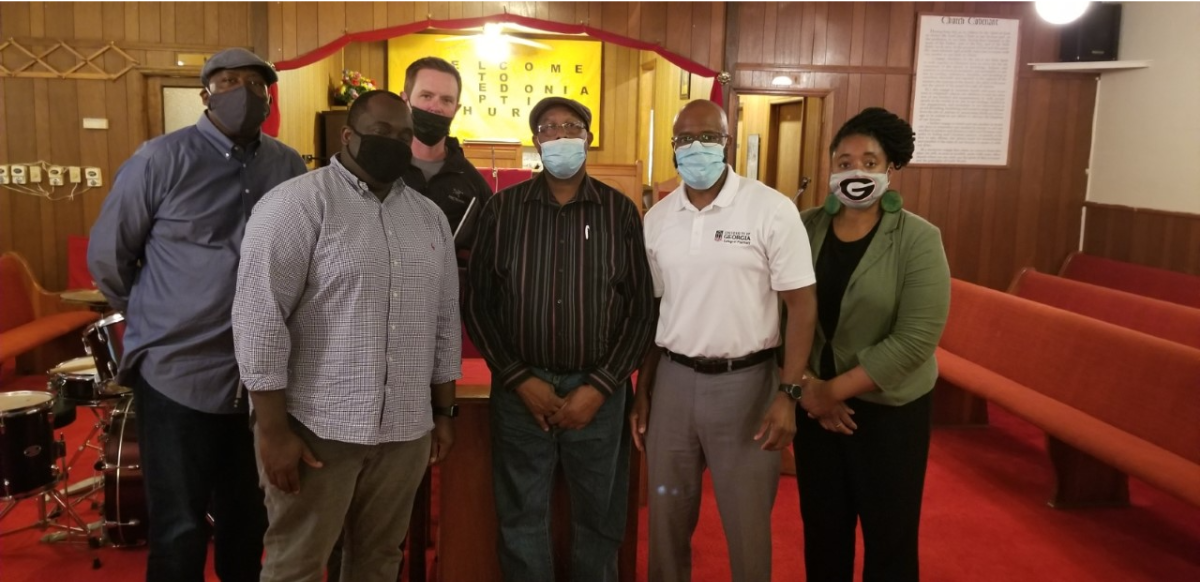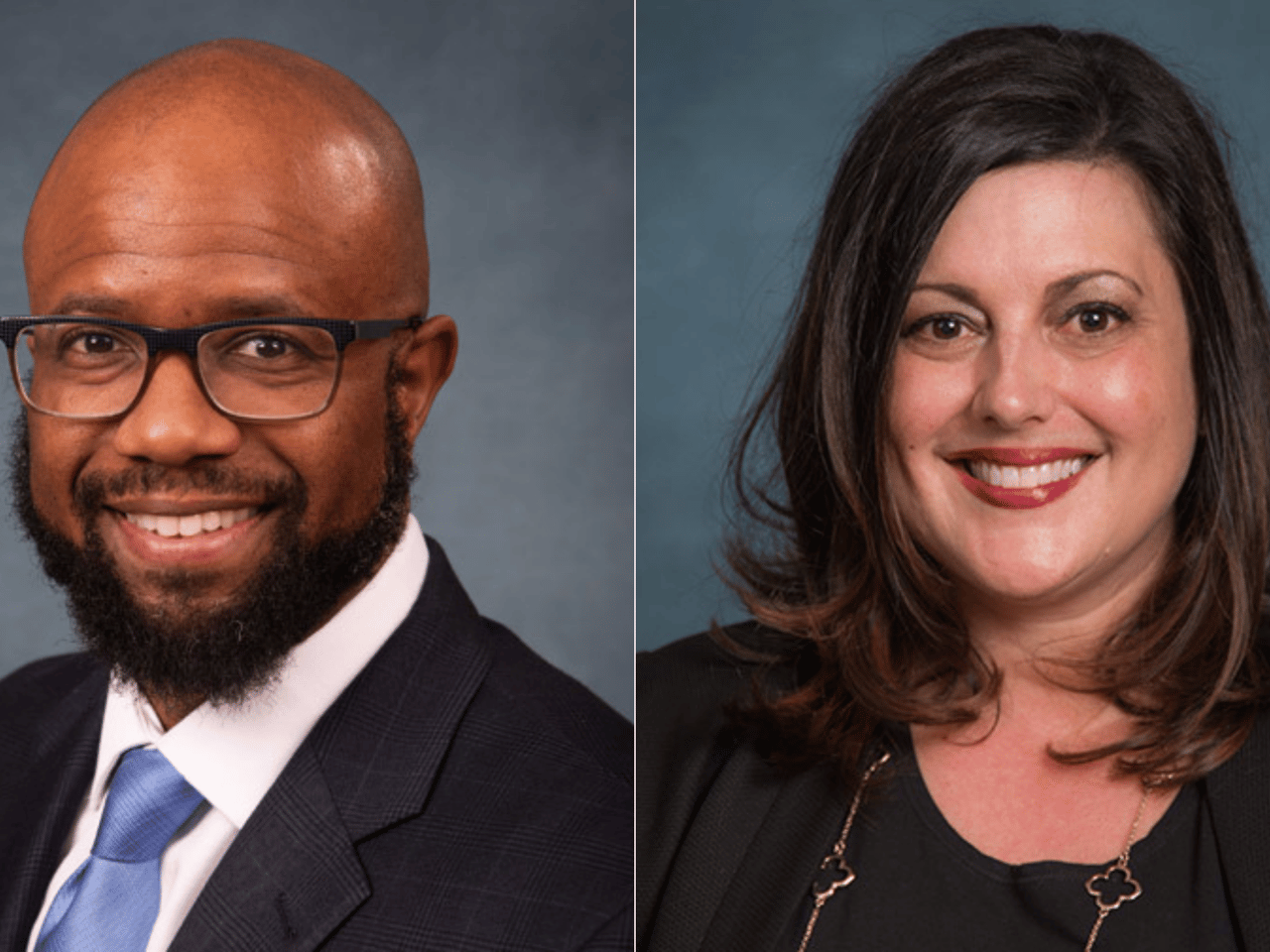In a unique collaboration between faculty and staff, the College of Pharmacy has received a USDA grant totaling almost $1 million to develop a Distant Learning and Telemedicine Program for underserved populations in rural Georgia.
Dr. Henry N. Young, Kroger Associate Professor and the Interim Department Head of CAP, and Sarah Jones, IT Senior Manager, partnered to develop a three-year telemedicine program that will encompass three key projects, including:
- Pharmacist Telemanagement Services
- Prescription Drug Abuse Health Communication Campaign
- Chronic Disease Self-Management Program
While the College of Pharmacy will assume the lead in this project, Dr. Tiffany Washington from the UGA School of Social Work helped to develop and will provide support for the Chronic Disease Self-Management portion of the application. The UGA Archway Partnership, with leadership from Sharon Liggett, is a collaborative partner as well.
Specifically, the dollars will be used to improve the management of chronic health conditions for rural residents in nine communities in Central Georgia through partnerships between CoP and the UGA entities, along with the Interdenominational Ministerial Alliance (IMA) and the Georgia Union Missionary Baptist Association (GUMBA). Faculty, staff, and students will have access to videoconferencing technology to provide patient counseling, wellness checks, healthcare education, and outreach to underserved communities.
The unique aspect for CoP is the collaboration between faculty and staff in the application of a key significant grant. Said Dr. Young, “Sarah actually brought the grant opportunity to me. She was instrumental in developing the schematics of the information technology infrastructure needed to propose this important project. Without her involvement, this never would have happened. Her passion will help change lives in rural Georgia.”
This is one of four grants the USDA awarded in Georgia, which totaled $2.8 million. Throughout the U.S., the USDA is investing $72 million in grants to help rural residents gain access to health care and educational opportunities.

Dr. Henry N. Young conducted a site visit recently in Pulaski County to meet with Fishers of Men, a community-partner group that helps support access to health care for citizens in this rural South Georgia community. Dr. Young (white shirt) is pictured with Dr. Jeffery Lawrence, Dr. Ewan Cobran (UGA College of Pharmacy), Jason Townsend, Pastor Franklin Jordan, and Dr. Tiffany Washington (UGA School of Social Work) in the 150-year-old Macedonia Baptist Church.




